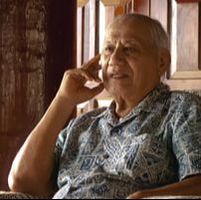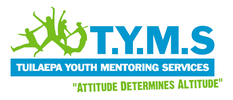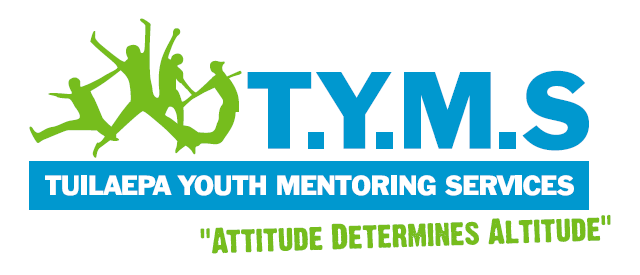|
Author: Koleta Savaii  “Who am I?” is a question that we have no doubt asked of ourselves at some point during the course of our lives. But perhaps the stage at which this question becomes a preoccupation is during our adolescent years. Our teenage years are a complex time; we undergo tremendous transformations physiologically (e.g. puberty), psychologically (e.g. advent of formal operational thinking), and socially (e.g. acceptance of adult responsibilities), all embedded within larger social, cultural, and historical contexts and forces. For many Pacific peoples, the answer to the question ‘Who am I?’ is reflected in this quote by the Head of States of Samoa, Susuga Tui Atua Tupua Tamasese Efi: "I am not an individual; I am an integral part of the cosmos. I share divinity with my ancestors, the land, the seas and the skies. I am not an individual, because I share a tofi (inheritance) with my family, my village and my nation. I belong to my family and my family belongs to me. I belong to my village and my village belongs to me. I belong to my nation and my nation belongs to me. This is the essence of my sense of belonging." As captured in this quote, Pacific peoples view the self as comprised of their social relationships, their land and physical resources, and the spiritual. This view of the self and the relationship between the self and others features the person not as separate from the social and environmental context, but as more connected and less differentiated from them. The emphasis is on attending to them, fitting in, and harmonious interdependence with them. Hence, the Pacific self cannot be viewed independent of Pacific culture. As envisioned by the Fonofale model, the Pacific self as a Samoan fale envisages Pacific culture as the roof. Culture represents ethnic-specific Pacific values and beliefs as the overarching or holistic philosophy of life. The roof is traditionally thatched with sugarcane leaves and when properly prepared and attached the first time, it will last approximately 10-15 years. The cone shaped roof allows rain to easily fall to the ground without moisture permeating the leaves and causing leaks inside. Of course, during sunny days the high dome allows the heat to rise and seep through the thatching, cooling the house. Today, however, most roofs are made of imported materials (i.e. timber, nails, and corrugated roofing iron) but the fundamentals remain the same. Samoa has a well-known saying ‘e sui faiga ae tumau fa’avae’ – ‘practices may change but the foundations remain’. Likewise, our ethnic-specific Pacific cultures are constantly evolving and adapting to the changing times, but the fundamentals remain. These include: reciprocity, respect, genealogy, tapu relationships, language of respect, and belonging:
For our Pacific youth in New Zealand, their cultures may consist of these Pacific concepts, plus elements from other cultures they are exposed to at school, in their communities, and on the Internet. Establishing and securing an identity is no doubt a challenging task, but our youth are faring well regardless. There is also a general interest among our young people to learn more about their ethnic-specific Pacific customs and traditions, as evident in the needs of the young people who come to TYMS. It is well established that when young people develop a strong sense of who they are and where they are headed, they are more likely to engage in successful adult roles and mature interpersonal relationships. Consequently, when they are unclear about who they are, they are highly likely to engage in destructive behaviour, experience distress, and have difficulties maintaining healthy relationships with others. “In the social jungle of human existence there is no feeling of being alive without a sense of identity” (Erik Erikson) At TYMS we believe in the value of knowing and having a firm sense of one’s identity and cultural heritage to achieving overall wellbeing. But we also recognise the changing times and contexts in which our young people live today. Cultural identity is central to our program, which we address in our academic mentoring programs and incorporate in our everyday practices.
0 Comments
Your comment will be posted after it is approved.
Leave a Reply. |
Categories
All
Archives
June 2018
|
What Our Clients Are Saying
|
Contact Us |



 RSS Feed
RSS Feed
